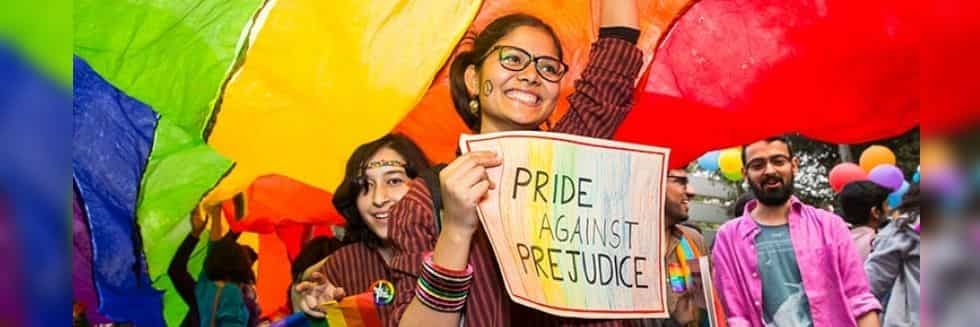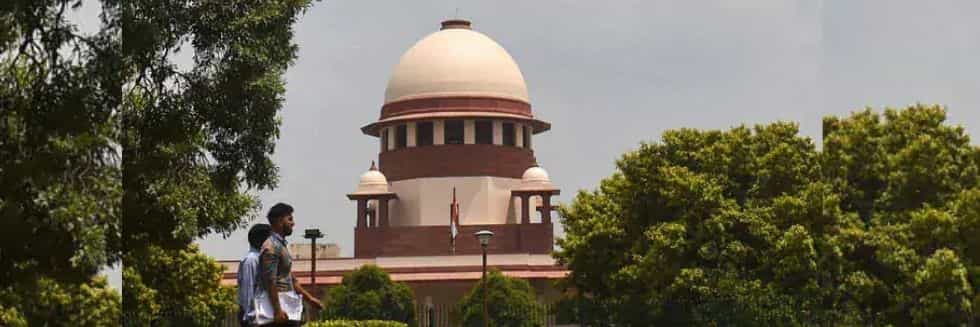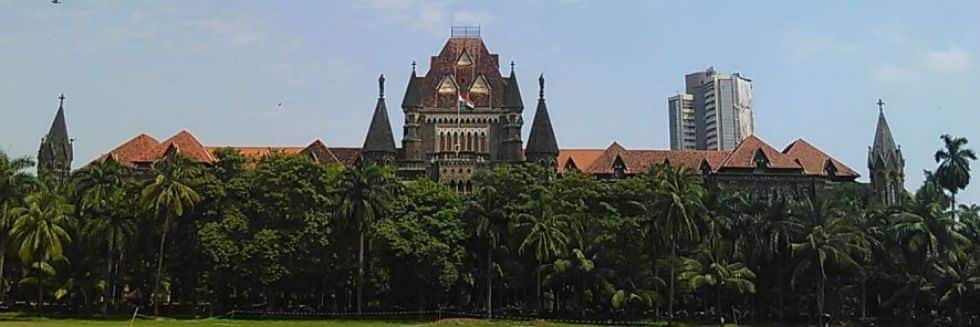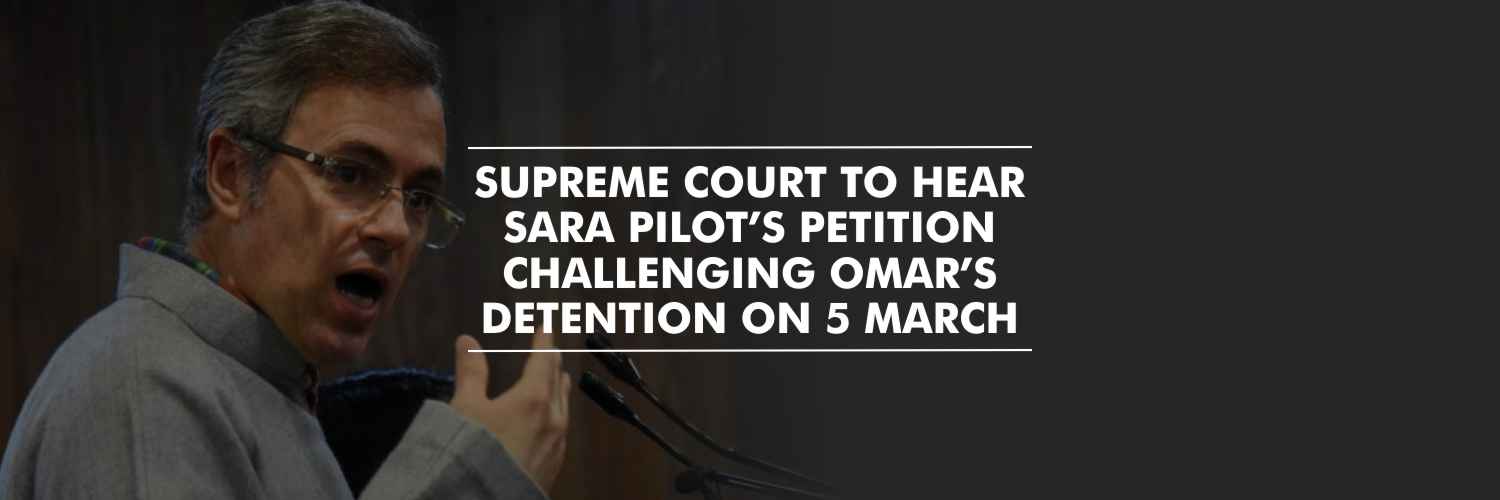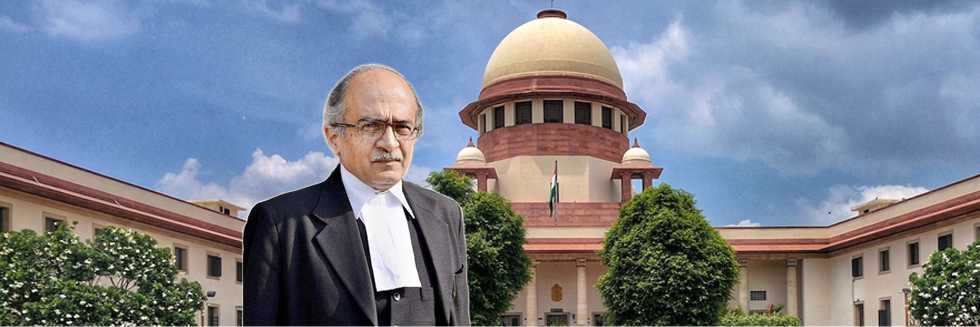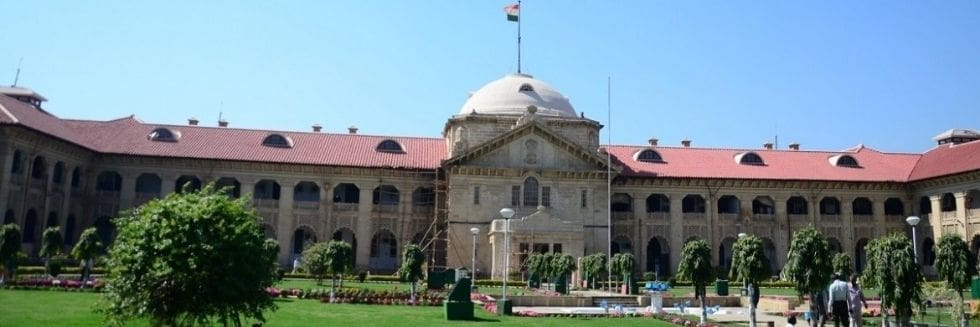Madras High Court has issued certain guidelines to protect the LGBTQIA+ community from harassment and discrimination. The court has also stated that strict action will be taken against those found to be indulged in attempts to cure/change sexual orientation.
The single-judge bench of Justice Anand Venkatesh suggested various measures to be taken to sensitise society about the topic. The court has also suggested the State including the Police and judiciary to remove prejudices against the LGBTQIA+ community and ensure that they are brought into the mainstream of society.
The court was hearing a writ petition filed by two lesbian women against police harassment. Due to lack of family support, they ran away from Madurai to Chennai and were questioned by the police.
Counselling Helped Me Overcome My Personal Prejudices against LGBTQIA+ Community
Justice Anand Venkatesh shared his journey of personal change to overcome his own prejudices. Counseling by Vidya Dinakaran and Trinetra pulled him out of the darkness of ignorance.
“I have no hesitation in accepting that I too belong to the majority of commoners who are yet to comprehend homosexuality completely. Ignorance is no justification for normalising any form of discrimination,” said Justice Venkatesh.
Guidelines for Judiciary
Conduct awareness programs for Judicial Officers at all levels in coordination with the enlisted NGOs and community support and to provide suggestions/ recommendations to ensure non-discrimination of persons belonging to the LGBTQIA+ community.
Guidelines for Police and Prison Authorities
- Conduct regular programs about measures to be taken for protection from and prevention of offences against the LGBTQIA+ community
- Conduct sensitization programs about the legal rights of LGBTQIA+ community.
- Conduct sensitization programs for police personnel creating awareness about the Offences and Penalties as stipulated under Chapter VIII of The Transgender Persons (Protection of Rights) Act, 2019 and compliance of Rule 11 of the Transgender Persons (Protection of Rights) Rules, 2020.
- Conduct outreach programs along with NGOs and community support to put forth first-hand problems faced in the hands of law enforcement agencies, and to train them in providing effective assistance. Ensure that transgender and gender-nonconforming prisoners are housed separately from cis-men prisoners to eliminate chances of sexual assault by the latter on the former.
Guidelines for Educational Institutions
- Ensure availability of gender-neutral restrooms for the gender-nonconforming student.
- Change of name and gender on academic records for transgender persons.
- Inclusion of ‘transgender’ in addition to M and F gender columns in application forms for admission, competitive entrance exams, etc.
- Appointment of counselors who are LGBTQIA+ inclusive, for the staff and students to address grievances, if any, and to provide effective solutions for the same.
Guidelines for Physical and Mental Health Professionals
- Mental health camps and awareness programs to understand gender, sexuality, sexual orientation and promote acceptance of diversity.
- Any attempts to medically “cure” or change the sexual orientation of LGBTIQA+ people to heterosexual or the gender identity of transgender people to cisgender should be prohibited.
- Action should be initiated against the concerned professional involving themselves in any form or method of conversion “therapy”, including withdrawal of license to practice
Lawyers Menaka Guruswamy and Arundhati Katju — The Face of Historic Section 377 Verdict
On September 6, 2018, Supreme Court ruled that the application of Section 377 of Indian Penal Code to consensual homosexual sex between adults was “unconstitutional, irrational, indefensible, and manifestly arbitrary” but that Section 377 remains in force relating to sex with minors, non-consensual sexual acts, and bestiality.
